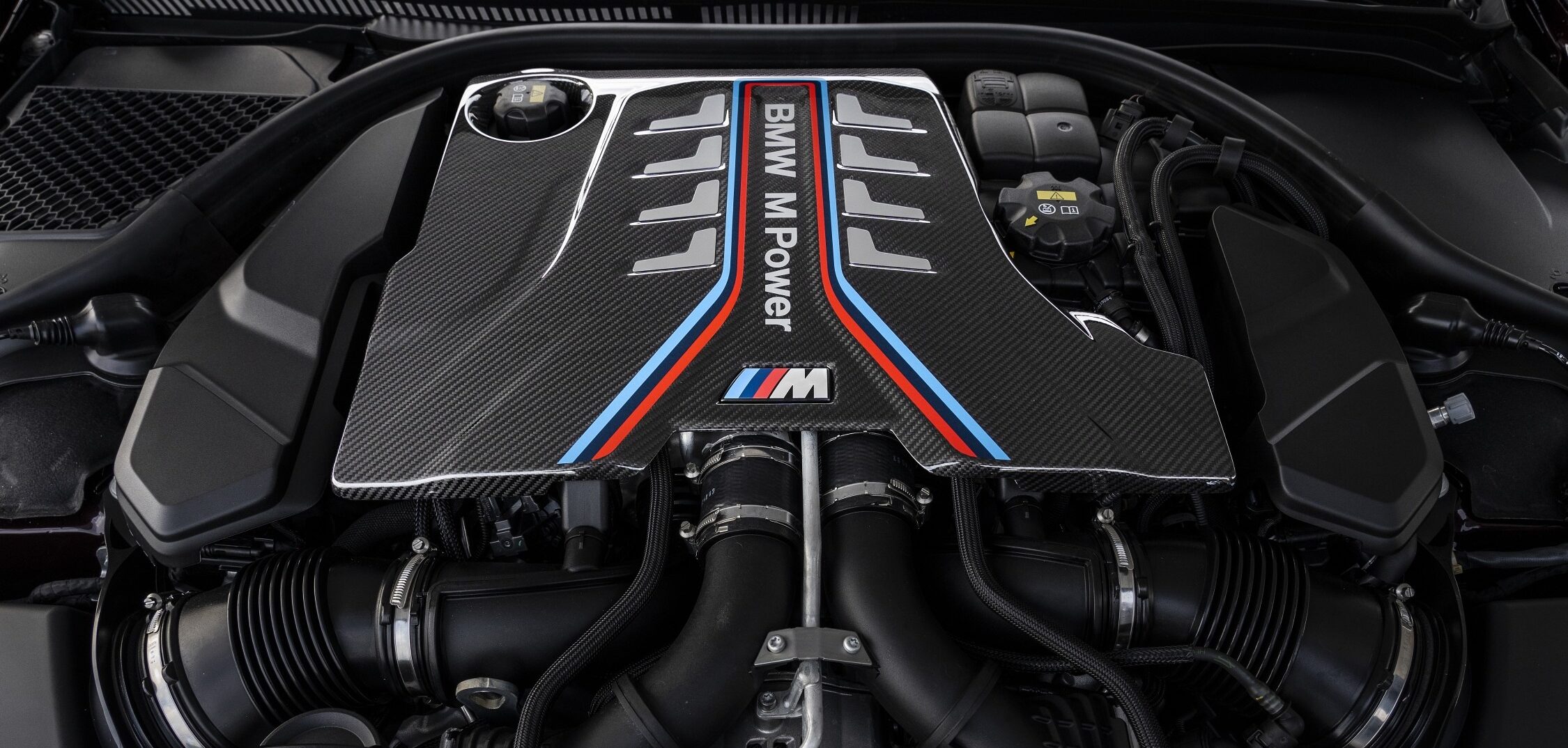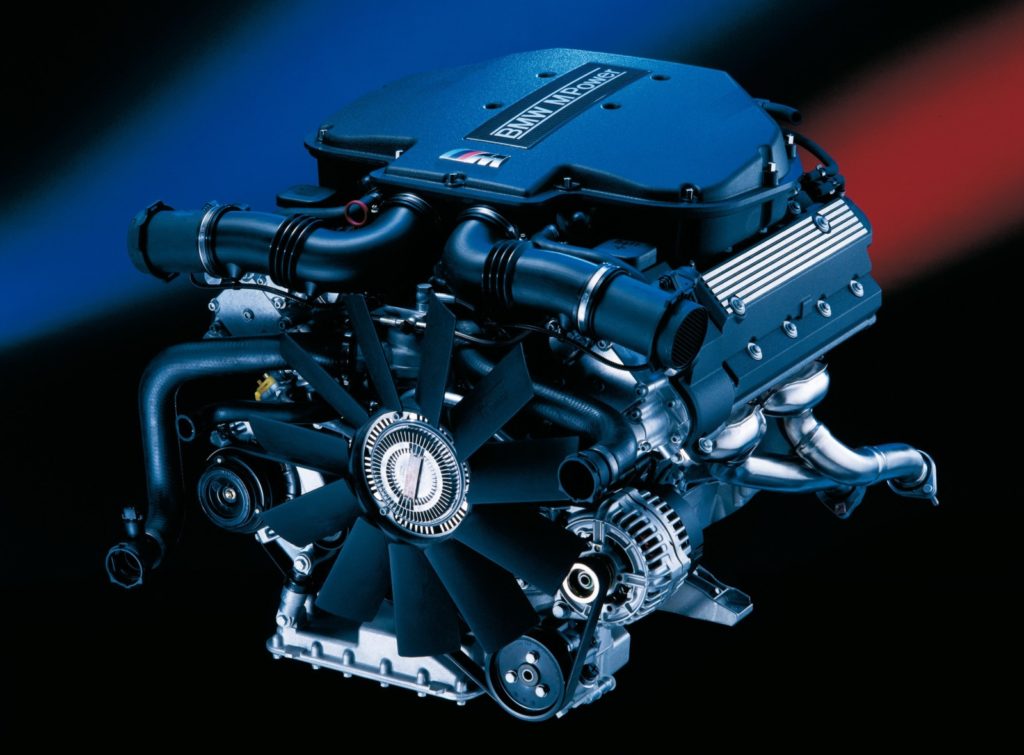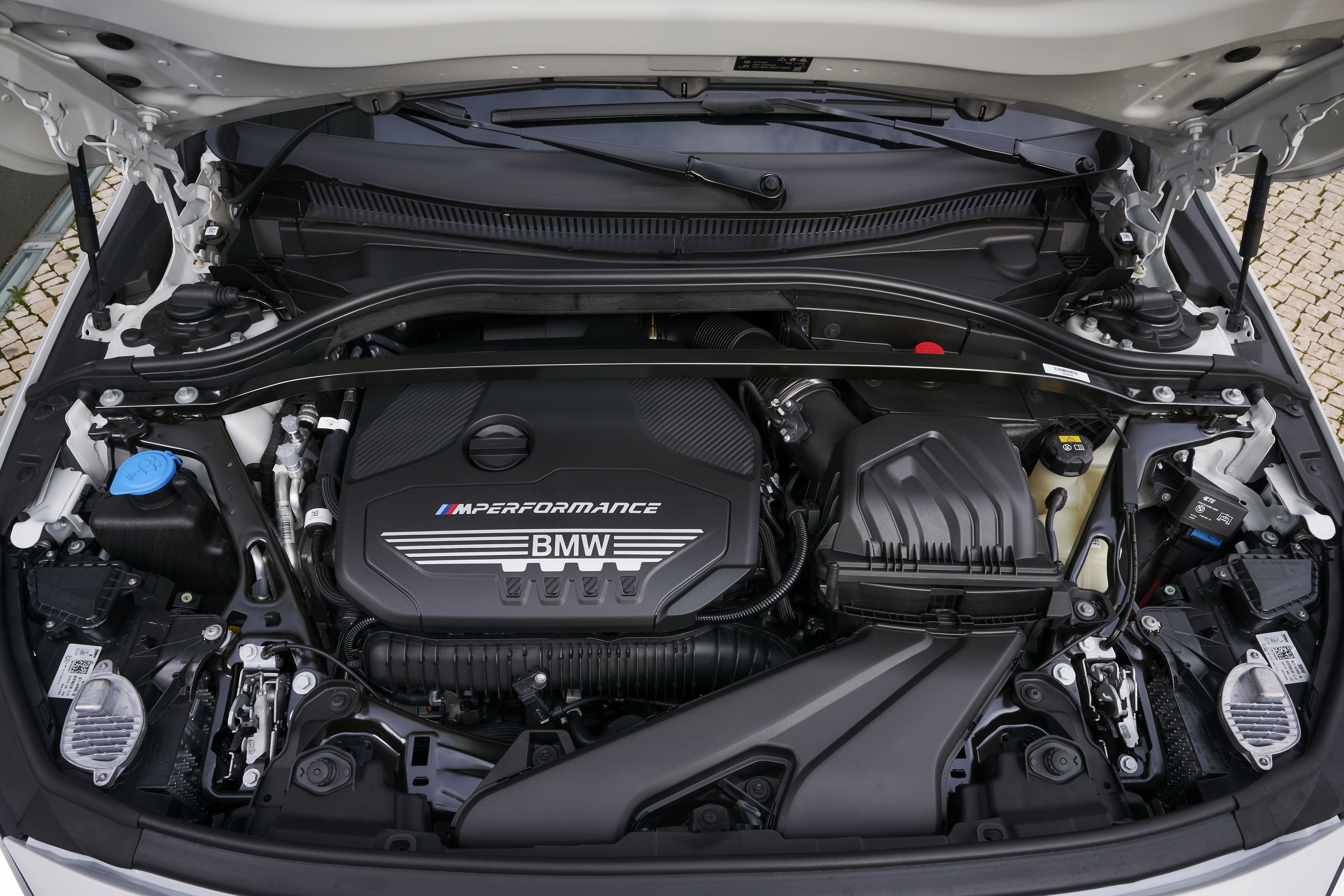Common Problems Faced by BMW Engine Owners and Exactly How to Solve Them
Common Problems Faced by BMW Engine Owners and Exactly How to Solve Them
Blog Article
Introducing the Intricacies of Next-Generation Power Units: a Deep Study Advanced Engine Technologies and layouts
As we stand on the precipice of a brand-new era in transport, the intricacies of next-generation engine layouts bid us to explore the advanced technologies and developments that guarantee to redefine the driving experience. Delving deeper into the worlds of emission control, smart engine management systems, and the horizon of power device advancement, we locate ourselves on the cusp of a transformation that assures to reshape the landscape of wheelchair as we recognize it.
Evolution of Engine Products

The change in the direction of progressed engine products has actually also enabled engineers to create engines with greater power results while keeping gas efficiency standards. The use of lightweight materials reduces the overall weight of the engine, leading to improved fuel economy and lower emissions. Additionally, advancements in materials technology have actually permitted for far better thermal monitoring within engines, leading to boosted dependability and durability.
Turbocharging and Supercharging Technologies
How do Turbocharging and Supercharging Technologies revolutionize engine efficiency and effectiveness in modern lorries? Supercharging and turbocharging are modern technologies that dramatically improve engine efficiency by boosting the amount of air consumption into the burning chamber. Turbocharging accomplishes this by utilizing a generator driven by exhaust gases to pressurize the intake air, while turbo charging uses a belt- or chain-driven compressor to attain the exact same effect.
These innovations enable smaller sized, much more fuel-efficient engines to generate power comparable to bigger ones, understood as downsizing. By forcing even more air into the cylinders, turbocharging and supercharging improve burning effectiveness, leading to boosted horsepower and torque outcome without a substantial increase in engine dimension. This leads to much better velocity, towing capability, and total driving performance.
Additionally, turbocharging and turbo charging add to boosted fuel effectiveness by permitting the usage of smaller engines that take in much less gas under normal driving conditions - bmw engine. This mix of enhanced performance and effectiveness has actually made turbocharging and supercharging essential elements of several contemporary engine designs
Discharge Control and Environmental Impact
With increasing global worries regarding air quality and environmental sustainability, the application of exhaust control modern technologies in vehicles plays a vital duty in lowering hazardous pollutants released into the environment. Modern automobiles are furnished with innovative exhaust control systems that aid decrease the ecological influence of auto procedures. Catalytic converters, for example, are developed to convert harmful gases such as carbon monoxide, nitrogen oxides, and hydrocarbons into these details less hazardous compounds like carbon dioxide and water vapor.
Additionally, developments in engine technology, such as the integration of exhaust gas recirculation systems and careful catalytic reduction, have significantly contributed to lowering exhausts. These modern technologies function in tandem to maximize burning efficiency and minimize the launch of dangerous contaminants into the air. Additionally, the development of crossbreed and electrical lorries stands for a vital step in the direction of minimizing the general environmental impact of the transport industry.
Intelligent Engine Management Equipment

Furthermore, these systems make it possible for cars to fulfill rigid emissions requirements without compromising efficiency, providing an extra eco-friendly driving experience. The integration of expert system and equipment knowing capacities in engine administration systems proceeds to push the limits of what is feasible, resulting in more improvements in effectiveness, reliability, and general lorry performance. bmw engine. As vehicle technology developments, smart engine management systems will certainly play a site link crucial function fit the future of transport towards an extra reliable and lasting direction
Future Trends in Power System Development
As smart engine monitoring systems lead the means for improved control and optimization in contemporary automobiles, future patterns in power unit development are positioned to redefine the landscape of auto propulsion technologies. These alternative power resources supply enhanced performance and efficiency while straightening with stringent environmental guidelines.
Another significant pattern is the integration of sophisticated materials and manufacturing techniques. Lightweight products such as carbon fiber and light weight aluminum are being used to decrease total car weight, boosting fuel efficiency and efficiency. Furthermore, improvements in 3D printing and additive manufacturing are enabling the article production of intricate engine elements with higher accuracy and toughness.
Moreover, expert system and maker knowing are playing an important role in maximizing power unit efficiency. These innovations permit real-time surveillance and adaptive control, leading to more reliable and dependable power shipment. On the whole, future trends in power unit growth are geared towards efficiency, sustainability, and effectiveness, driving the automotive sector in the direction of a brand-new age of propulsion modern technologies.

Verdict
To conclude, the developments in engine products, turbocharging, emission control, and smart management systems have actually led the way for next-generation power units. These advancements have not just enhanced efficiency and effectiveness but additionally minimized environmental effect. As technology proceeds to advance, future patterns in power device development are most likely to concentrate on further improving sustainability and optimizing power output. The detailed designs and developments in modern engines showcase the continuous advancement of auto innovation.
Discovering the dynamic advancements in engine materials has been critical in improving the performance and effectiveness of contemporary engines. Over the years, the development of engine materials has played a critical duty in pressing the borders of what engines can attain.The change in the direction of progressed engine products has actually likewise allowed engineers to develop engines with higher power outputs while maintaining gas performance criteria.The execution of smart engine monitoring systems in modern-day automobiles has reinvented the way engines are controlled and optimized for efficiency and performance. By accumulating data in real-time and evaluating it with sophisticated formulas, smart engine administration systems can adapt to driving styles, ecological aspects, and engine health and wellness to maximize power result while decreasing fuel consumption and emissions.
Report this page